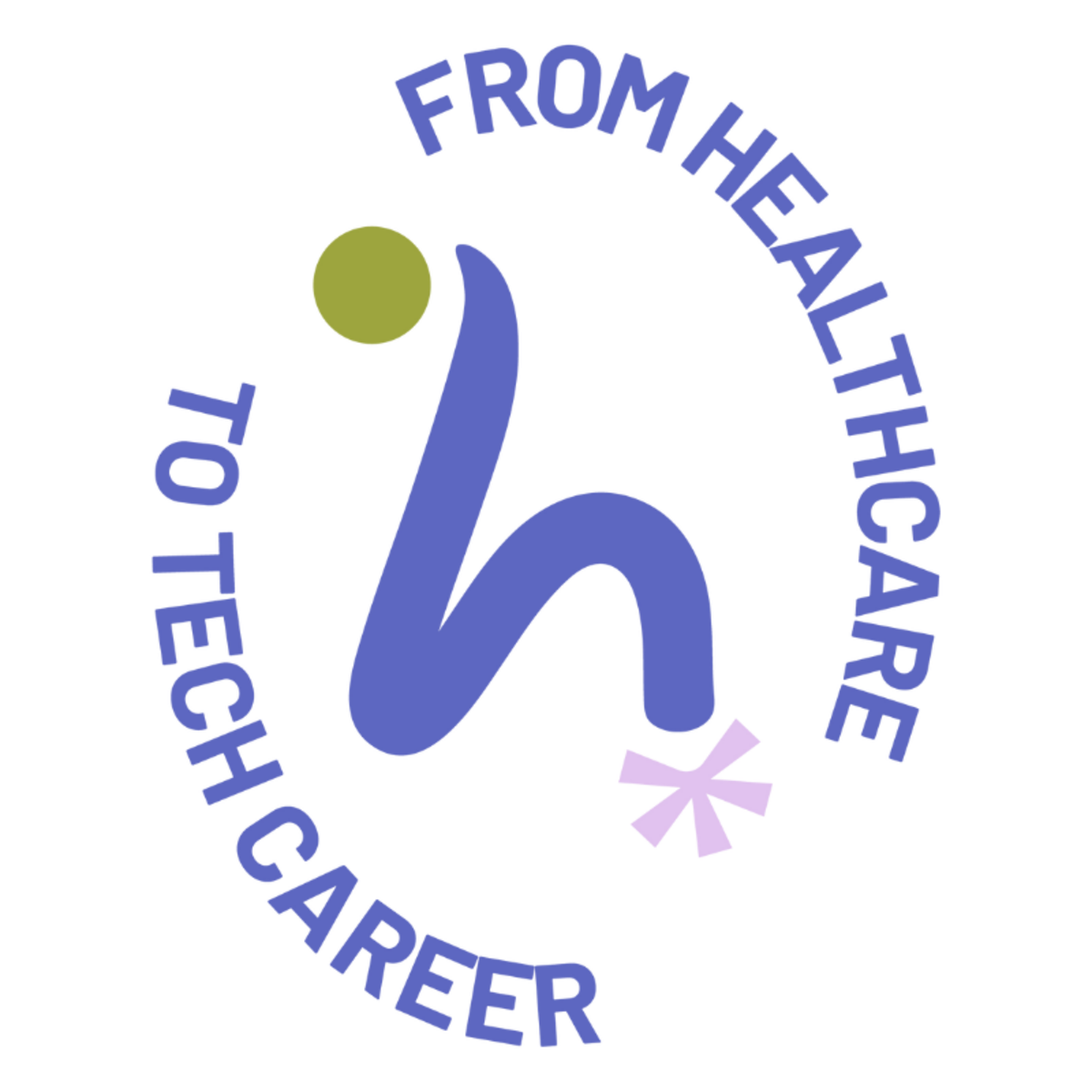Hey Health Techies!
Clinicians bring a wealth of experience to the table—clinical expertise, problem-solving, and a deep understanding of patient care. Many of these skills are highly transferable to tech roles that don’t require extensive coding or development experience.
And while on the surface that seems to resonate with folks I talk to that are interested in a career transition, right up until the point where they actually try to begin searching for these jobs.
I get a lot of questions about where to find them. And the answer is that they are hiding in plain sight. It’s just a little confusing because if you’re a nurse and your whole career has revolved around searching for job titles with “nurse” in them, looking at titles that don’t even mention nursing or clinical experience can be a bit daunting.
So if you’re considering a pivot, here’s a practical guide to help you identify nontraditional roles in tech that might be a great fit.
👀 Look at products that you use daily
Chances are, you are already familiar with some tech companies, even if you haven’t considered them as potential employers. Think of the electronic health record (EHR) systems you use, the telemedicine platforms, or even the medical devices that play a role in your daily work. These companies are often hiring for roles that leverage your clinical expertise.
Tip: Begin keeping a list of companies whose products or services you use regularly. Since you already understand their products and their place in the healthcare system, you'll have a leg up compared to candidates with no industry exposure.
🧑🏻💻 Go to their company websites
Once you have a list of potential companies, spend time researching their mission, vision, and values. Understanding a company’s mission is crucial, especially if you're transitioning into a nonclinical role. You want to ensure that their goals align with yours and that their culture is one where your healthcare background will be valued.
Tip: Check out the “About Us” and “Our Mission” sections on their website. Pay close attention to how they describe their impact on the healthcare industry. Are they improving patient outcomes? Optimizing healthcare processes? Knowing this can help you tailor your application and explain how your experience supports their mission.
📌 Head to the careers page
Individual company careers pages are often overlooked by beginners in this transition because it can feel like a lot to sort through. It may seem so much easier to go to Google, Indeed, or LinkedIn but I highly recommend familiarizing yourself with specific company pages first.
When browsing through job postings, focus on roles that highlight transferable skills like project management, customer success, clinical informatics, and implementation. Filter for both clinical and non-clinical roles if the company offers both.
Tip: Don't just look at the job titles—read the job descriptions carefully. Many tech roles, such as Product Manager or Operations Manager, might seem unrelated to your clinical skills at first glance, but they often involve problem-solving and communication skills that are second nature to clinicians. Take note of the language used in the job descriptions and mirror it in your resume when applying.
📝 Begin making a list of titles that sound interesting to you and a list of titles that are definitely out
It may seem silly to write this all out, but trust me — after awhile a lot of these titles start to sound the same. Having a list for you to refer back to when you finally do start utilizing job aggregator sites like LinkedIn can be helpful.
While there are many nontraditional roles where healthcare professionals can thrive, there are also areas that require more specialized training. For example, software development, finance, and design typically require skills that may not be intuitive for someone without a background in those fields. You may notice that the Hey Health Tech job board tends to avoid these specific areas for these reason.
My advice? If you aren’t looking to got back to school or attend a bootcamp, try focusing on operational, implementation, and customer-facing roles that play to your strengths as a clinician. These roles are more likely to value your healthcare experience without needing a complete career overhaul.
📰 Weekly Wrap-up
HLTH Conference 2024 has wrapped up. Here’s a pretty good article summarizing all that happened
Amazon One Medical partners with Cleveland Clinic on primary care
📌 Job Board
Don’t miss these open roles 👀
Product Operations Manager - Pomelo Care
Clinical Quality Lead - Headway
Data Analyst - PointClickCare
and more!
Until next time,
Lauren
P.S. When you’re ready, there are a few ways that I can help:
The Resume Lab: The self-guided course that transforms your clinical CV to a compelling resume. I share tips I’ve learned over 10 years of being on both ends of the hiring equation in tech for both clinical and non-clinical roles.
I’m gearing up to launch something for pharmacy technicians, OTAs, PTAs, MAs, radiology technicians, LPNs and other techs and assistants in healthcare soon. If that sounds interesting to you, sign up to learn more here.

